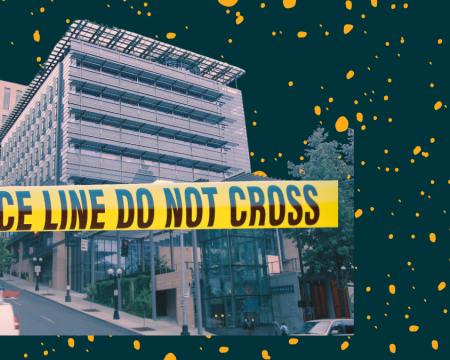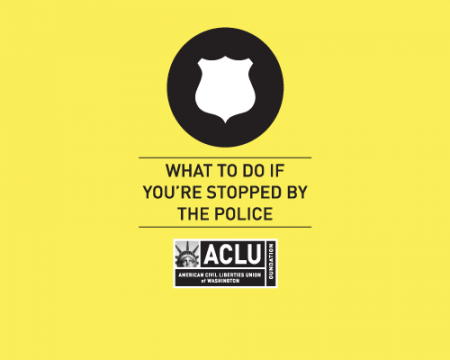Policing
Law enforcement must protect both public safety and the rights of individuals. This is why arrests and use of force should be last resorts, not first options, for police. The ACLU-WA advocates for stronger laws regulating police use of force, alternatives to arrest and incarceration, and de-escalation practices and training. And to ensure law enforcement is accountable to the people they serve, the ACLU-WA works for greater community oversight, such as independent civilian review boards with disciplinary authority.








